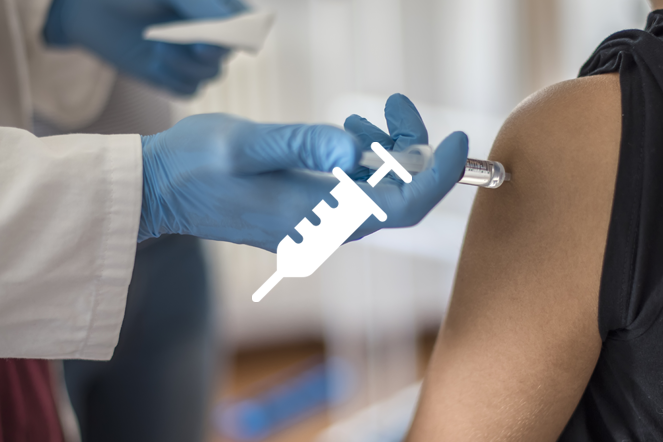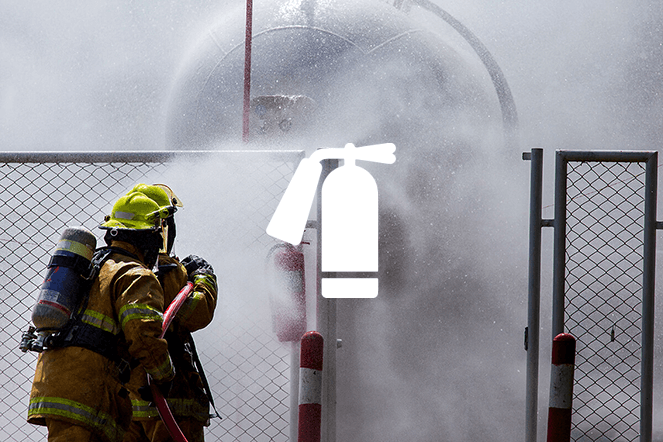This website uses cookies so that we can provide you with the best user experience possible. Cookie information is stored in your browser and performs functions such as recognising you when you return to our website and helping our team to understand which sections of the website you find most interesting and useful.

Hernia Mesh
Hernia mesh lawsuits continue to be a significant area of concern in the realm of medical product liability. These legal actions are initiated against manufacturers of hernia mesh by individuals who experienced severe complications after their mesh implants failed. As we move through the 2020s, the landscape surrounding these cases continues to evolve, demonstrating the ongoing relevance and potential of these lawsuits.

One key development is the continual rescheduling of the bellwether trials. In particular, the third bellwether trial, Stinson v. C.R. Bard, has been postponed multiple times and is now expected to commence in late 2023. The defendant, C.R. Bard, requested the delay, which was granted by the Multi-District Litigation (MDL) judge. This is indicative of the complex and often protracted nature of such legal proceedings.
Several manufacturers, including C.R. Bard, Ethicon, Covidien, and Atrium, are facing thousands of hernia mesh lawsuits. Despite some manufacturers reaching confidential settlements, many active cases remain in the MDLs, indicating that the potential for additional trials and settlements is substantial.

The essence of these lawsuits is rooted in allegations of defective product design, improper product labeling, and substandard product manufacturing. In some cases, medical malpractice is also implicated. Plaintiffs claim that the hernia mesh devices led to serious injuries necessitating further surgeries. Reported complications encompass adhesion, chronic pain, bowel obstruction, infection, mesh failure, migration of the mesh, perforation of organs or tissues, seromas, recurrence of hernias, and the requirement for revision surgery.
The outcomes of upcoming bellwether trials, notably the Stinson v. C.R. Bard trial, could influence the trajectory of these lawsuits. Past trials have yielded mixed results, with an initial victory for the defense followed by a more modest payout in the second trial. However, a substantial $4.8 million verdict in a Rhode Island state case against a C.R. Bard subsidiary could potentially sway negotiations towards a more comprehensive settlement.
In conclusion, hernia mesh lawsuits represent a major aspect of the medical product liability sphere. Legal professionals and investors should closely observe the progression and outcomes of the bellwether trials and associated developments. These could significantly impact the strategic approach to these lawsuits and the financial liabilities of the manufacturers involved. The potential for resolution, through either settlements or verdicts, remains high. This underscores the continuing relevance and implications of hernia mesh lawsuits in the coming years.
Get in Touch
Unable to locate the lawsuit that piques your interest? We are here to assist you.
Our firm acknowledges the dynamic nature of mass tort lawsuits. As new cases surface each day, keeping abreast of this ever-changing landscape can indeed be demanding. That is where our expertise comes in. Even if you can't immediately find the lawsuit you're interested in on our website, please be assured that we may still be able to assist you. We maintain an extensive network of qualified claimants across a wide range of lawsuits, which may not be readily visible on our platform.
For further exploration, we cordially invite you to engage with our dedicated sales team. They are prepared to comprehend your requirements and assist you in locating the most suitable claimants for your specific lawsuit.
Initiate the connection today. The claimants you are seeking may be just a single click away.
 386-867-8397
386-867-8397








